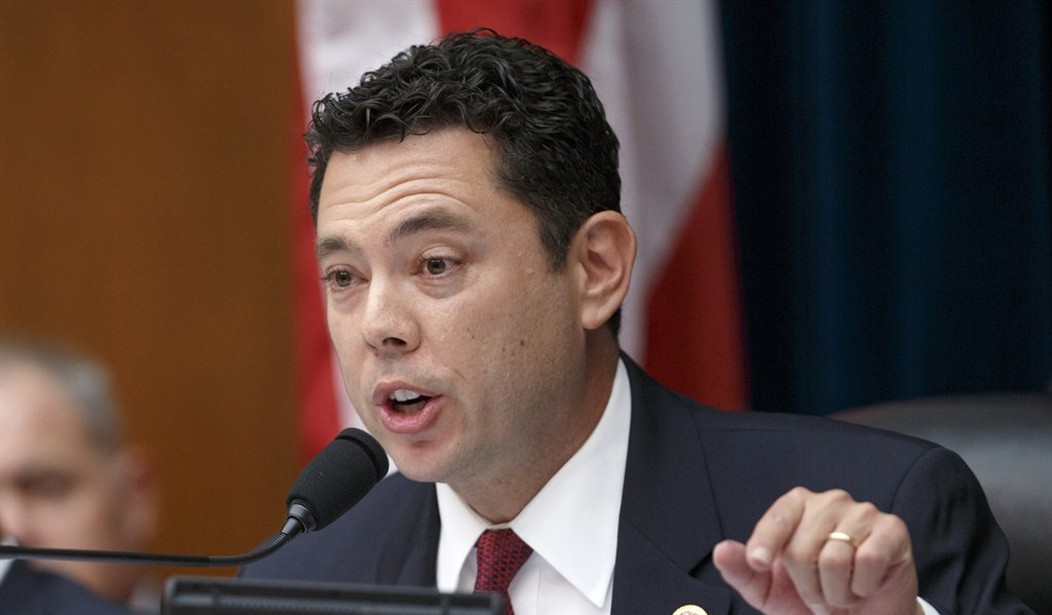Taxpayers are unfortunately accustomed to extensive federal government intervention in education, healthcare and transportation policy – all under the guise that the federal government knows best. Each instance of new regulation results in massive costs and bloated bureaucracy, all of which are then pushed down to taxpayers. The truth is that states should be given more autonomy when making decisions for their citizens. So, it’s right to be skeptical any time the federal government is trying to replace, redefine or reexamine what states are doing to self-govern.
Such is the case with Rep. Jason Chaffetz’s (R-Utah) bill that misinterprets the 1961 Wire Act and pushes for an online gaming ban. Not only was online gaming not envisioned when the 1961 Wire Act was passed, but gaming policy has always been the purview of the state government. This makes Chaffetz’s bill a massive power grab that replaces common sense policy at the state level with federal regulations.
In the 43 states with state lotteries, Chaffetz’s bill would mandate how those lotteries can be run to the point where some lottery sales will be prohibited. That has repercussions for states that fund education (or other) priorities through lottery proceeds.
And, absent those lottery finds, we all know where the states would move next to raise those funds – taxpayers.
For whatever reason, Rep. Chaffetz is myopic in his attempt to ban online gambling. During a conference call with state lottery officials about the bill, Chaffetz “brazenly” suggested that state officials try to pass their own federal bill “when his bill passes.”
And by “his bill,” he might easily instead have said, “casino magnate Sheldon Adelson’s bill.” That’s because Chaffetz allowed Adelson’s lobbyist to literally write the legislation – which the bill was first introduced in 2014. And when it was suggested that the bill ought to have an exemption for state lotteries, the lobbyists said Adelson was “unlikely to accept exemptions for state lotteries and tribes in a bill to prohibit Internet gambling.”
Recommended
We were unaware Mr. Adelson had been elected to anything.
Supporters say that they are protecting the elderly and underage from the perils of online gambling.
Adelson himself argues that gambling is so addictive that it cannot be permitted online, but we shouldn’t worry about the brick-and-mortar casinos – the fact that you have to drive there is enough of a barrier.
And Mr. Adelson is concerned that online gambling will have little to no protections for underage participants. Yet if he wants to stop underage gambling, Adelson should look closer to home. Since May 2009, his Sands casino in Bethlehem, Penn. has been fined more than $220,000 for more than 20 instances of underage gambling. In one of the most recent cases, the casino admitted to two separate instances where two 17-year-olds were able to access the casino floor, gamble and drink.
Second, the bill itself carves out exceptions for certain types of gambling that are, apparently, less detrimental than the rest. Specifically, Chaffetz exempts online fantasy sports betting, online horse betting (to navigate past Kentucky Sen. Mitch McConnell, no doubt), and even closed-circuit gambling that is offered at Las Vegas casinos, including Adelson’s Venetian.
The Chaffetz bill is a classic corporate welfare that will benefit only one person and is an inappropriate and unnecessary use of federal powers that would weaken states’ rights.

























Join the conversation as a VIP Member